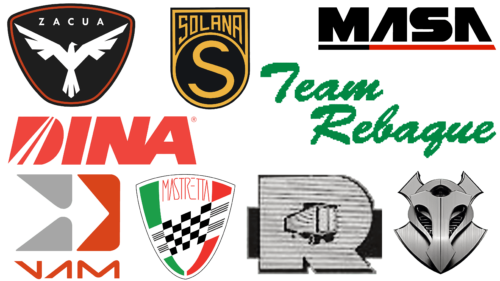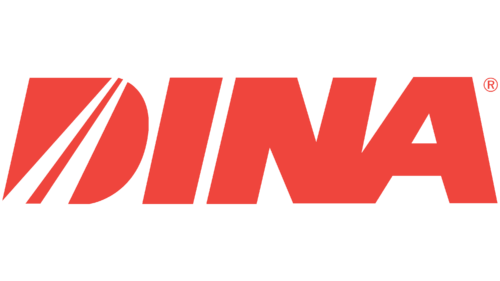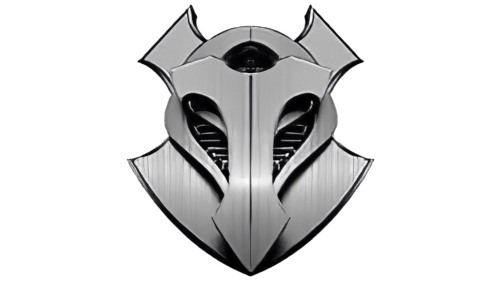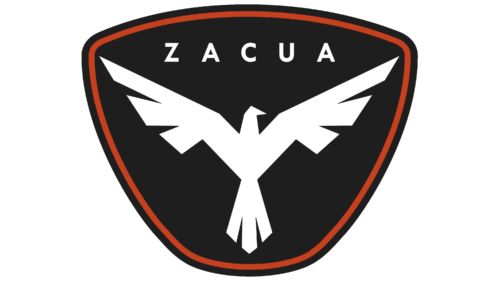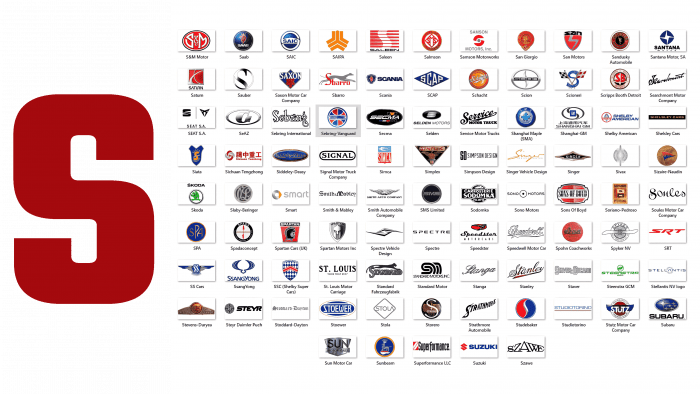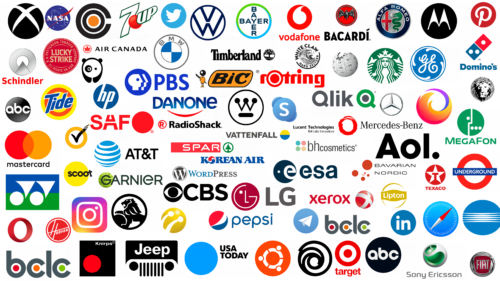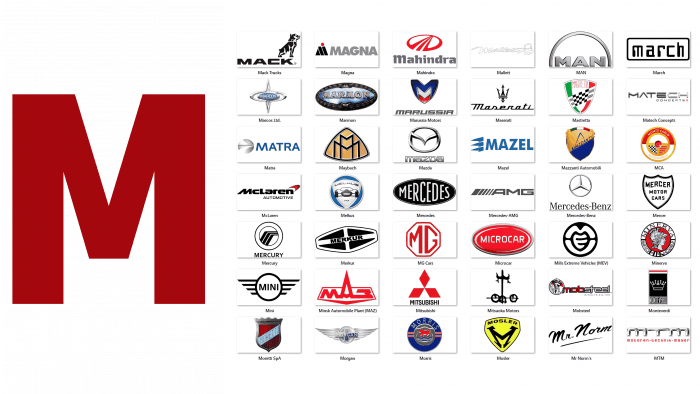Mexican industry does not ignore such an important branch as mechanical engineering. In the north and the center of the country, many factories produce cars of various brands and types. In particular, Mexicans assemble cars, trucks, and specialized and passenger vehicles of the world’s leading brands. Among them are Mercedes Benz, BMW, General Motors, Nissan, FORD, Honda, VW, Chrysler, Toyota, and others. There is also a small share of its own companies, among which Mastretta’s design stands out. It produces the signature supercar, the Mastretta MXT.
What are Mexican automobile brands?
Mexican car brands include DINA, Inferno Exotic Car, Zacua, and Solana. Mastretta, Mexicana de Autobuses, S.A. de C.V. (MASA), and Vehículos Automotores Mexicanos are listed as non-existent.
DINA
This automaker’s name stands for Diesel Nacional. It is also the first company in Mexico to produce trucks and buses. Its base is located in Ciudad Sahagun, Hidalgo state. It is a state-owned project founded in 1921. Since 1989, Grupo Empresarial G has owned it.
The company has maintained partnerships with Skoda, Caterpillar, Flxible, Fiat, Eaton, Chrysler, Renault, Spicer, Cummins, Perkins Scania, and others. Foreign companies have contributed to increasing the manufacturability of transportation equipment and accumulating rich experience. Currently, DINA’s main products are short—and long-distance buses.
Inferno Exotic Car
This brand’s supercar appeared in 2016 at the Automobili en México exhibition and immediately attracted the attention of connoisseurs with its innovative appearance and high-tech novelties. The specialized house Dozerek, LTM Hot Spot, and Italian designer Antonio Ferrioli worked on it for seven years. The car accelerates to one hundred kilometers in less than three seconds and can reach up to 400 kilometers per hour. The hypercar’s wings are made of the patented Zinag alloy, a metallic silver, aluminum, and zinc foam.
Zacua
The young Mexican company entered the automotive industry relatively recently—in 2017. It is based in Ciudad de Puebla (Mexico City), where it introduced its debut eponymous cars, MX2 and MX3. It is a subsidiary of Motores Limpios SA de CV, which launched its brand to improve the country’s economic and technological situation. The brand name is borrowed from the local dialect, in which “zacua” is the name of one of the popular local birds.
Mastretta
This is not only a car company but also a design studio. Daniel Mastretta, the industrial designer, initiated its creation in 1987 in Mexico City, where the company’s head office is still located. The company’s activity peak was in 1990 when several series of cars under the Unediseño and Tecnoidea brands were launched.
In 2010, the company introduced a car of its design, the MXT model. The supercar was a success, and Mastretta is wrongly attributed as the first manufacturer of mass-market cars in Mexico. Before him, other brands produced their cars: DM Nacional, VAM, Ramirez Industrial Group, and Dina (in the 50s of the last century). It is just that their production was not as large-scale as that of this brand.
Mexicana de Autobuses, S.A. de C.V. (MASA)
Founded in 1959, the automobile plant almost immediately began producing buses—double-decker city and international tourist buses. Until 1988, it belonged to the state and was located in Tultitlan. Then, the company was privatized, making it the second-largest bus plant in Mexico. In 1998, Volvo bought it, renamed it Volvo Buses de México, and closed it down.
Vehículos Automotores Mexicanos
This manufacturer came into existence in 1946 as Willys Mexicana. In 1963, it changed its name to VAM under an agreement between the Mexican government and American Motors Corporation. The company initially manufactured Willys-Overland Jeeps and then switched to assembling cars and trucks under licenses from leading automobile brands. During the economic collapse of all of Mexico in the first half of the 1980s, the country’s leadership was forced to sell its stake in VAM to Renault, which closed the plant in 1986.
Solana
The Solana family founded this private car brand in 1936. The company produces children’s, racing, and sports cars, most existing in a single copy. The company has 42 cars in its arsenal (as of 2003). Most of the debut models were single-cylinder variants for children, as the family is seriously into motorsports. Its most famous representative is Moises Solana. He raced family cars and drove his signature sportscar in Formula 1.
Ramirez
This automobile company is Grupo Industrial Ramirez. It was founded in 1946 and was the first Mexican manufacturer of vans and pickup trucks. The base of the Ramirez logo is a printed letter “R” in light gray.
Rebaque
At first, it was a racing team created by Héctor Alonso Rebaque. Gradually, it started developing its own sports car based on the Type 79 chassis with the participation of Jeff Ferris and John Barnard. The Rebaque logo was decorated with a two-line handwritten italic font. The text is on a white background and colored green.
FAQ
What luxury cars are sold in Mexico?
Mexico’s luxury car market is dynamic and diverse, with many high-end models from renowned brands. The best luxury cars in Mexico include:
- Audi A8: A flagship sedan with advanced technology, a spacious interior, and a smooth ride.
- BMW 7 Series: A luxury sedan known for its dynamic performance, sophisticated design, and innovative technology.
- Mercedes-Benz S-Class: considered the benchmark for luxury sedans, combining advanced technology, unparalleled comfort, and powerful performance.
- Porsche Panamera: A sporty luxury sedan offering an exhilarating driving experience with the comfort and refinement expected from a high-end brand.
- Jaguar XJ: An elegant sedan known for its stylish design, powerful performance, and luxurious interior.
- Lexus LS: A flagship sedan is known for its refined ride, luxurious interior, and advanced safety features.
- Lexus RX: A popular luxury SUV that combines reliability, premium performance, and a comfortable ride.
- Tesla Model S: Known for its impressive all-electric range, powerful performance, and cutting-edge technology.
- Tesla Model X: An electric SUV offering futuristic technology, impressive performance, and a spacious interior.
- Maserati Quattroporte: An Italian luxury sedan that combines performance, style, and exclusivity.
- Maserati Levante: A luxury SUV that combines Italian craftsmanship with powerful performance to create a distinctive and stylish option in the luxury SUV market.
- Range Rover: Known for its off-road capabilities and luxurious interior.
- Range Rover Sport: Combines sporty performance with luxury and comfort.
Does Mexico have a car brand?
Yes, Mexico has its car brands. Mexico’s highly developed automotive industry produces products for renowned international brands such as Toyota, Chrysler, VW, Honda, Ford, Nissan, General Motors, BMW, and Mercedes-Benz. Mexico’s automotive brands contribute to the country’s industrial landscape.
Although Mexico is known for producing cars from international brands, it has a growing presence of its auto brands. Brands such as VUHL, Mastretta, Zacua, Inferno Automobili, and Giant Motors Latinoamérica demonstrate the country’s capabilities and ambitions in the automotive industry. Each brand uniquely contributes, from high-performance sports cars to eco-friendly electric vehicles, highlighting Mexico’s diverse and evolving automotive landscape.
What is the most popular car brand in Mexico?
The most popular car brand in Mexico is Nissan. This trend has continued into 2021 with strong sales figures for several models.
Several factors contribute to Nissan’s popularity in Mexico:
- Wide Model Selection: Nissan offers a variety of models, from compact cars to pickup trucks, to suit different market segments.
- Affordability: Nissan cars are competitively priced, making them affordable to many of the population.
- Reliability: Nissan has a reputation for producing reliable and durable vehicles.
- After-sales Service: The brand has an extensive network of service centers throughout Mexico, providing convenient maintenance and repair services.
- Local Manufacturing: Nissan has manufacturing facilities in Mexico, which helps reduce costs and ensures a stable supply of vehicles.
